
Glypass 10mg Tablet
Manufacturer
Metabolica Lifecare Pvt Ltd
Salt Composition
Dapagliflozin (10mg)
Key Information
Short Description
Glypass 10mg Tablet is used alone or in combination with other medicines to treat type 2 diabetes mellitus, helping to control high blood sugar levels and prevent complications.
Dosage Form
Tablet
Introduction
Glypass 10mg Tablet can be taken with or without food at any time of day, but it's recommended to take it at the same time every day. The dose will be decided by your doctor. Do not stop taking it without asking your doctor, as this may increase your blood sugar levels and put you at risk of serious complications like kidney damage and blindness. This medicine is only part of a treatment program that should include a healthy diet, regular exercise, and weight reduction as advised by your doctor.
Directions for Use
Take this medicine in the dose and duration as advised by your doctor. Swallow it as a whole. Do not chew, crush, or break it. Glypass 10mg Tablet may be taken with or without food, but it is better to take it at a fixed time.
Safety Information
Side Effects
It may cause hypoglycemia (low blood sugar level) when used with other antidiabetic medicines, alcohol, or if you delay or miss a meal. It may cause genital fungal and/or urinary tract infections (UTIs) in both females and males, so practice good hygiene. It may cause the body to lose too much fluid (dehydration) or you may urinate more often. Drink plenty of water and stay hydrated. It may cause joint pain, cold-like symptoms, or unexplained nausea/vomiting.
Alcohol Warning
It is unsafe to consume alcohol with Glypass 10mg Tablet.
Breastfeeding Warning
Glypass 10mg Tablet is probably unsafe to use during breastfeeding. Limited human data suggests that the drug may pass into the breastmilk and harm the baby.
Pregnancy Warning
Glypass 10mg Tablet may be unsafe to use during pregnancy. Although there are limited studies in humans, animal studies have shown harmful effects on the developing baby. Your doctor will weigh the benefits and any potential risks before prescribing it to you. Please consult your doctor.
Interacting Medicines
Amiloride Beclometasone Betamethasone Chlorthalidone
How it works
Glypass 10mg Tablet is an antidiabetic medication. It works by removing excess sugar from your body through urine.
Quick Tips
Always carry some sugary food or fruit juice with you in case you experience hypoglycemia symptoms such as cold sweats, cool pale skin, tremor, and anxiety. Monitor your blood sugar regularly while taking this medicine. Inform your doctor immediately if you experience constant dizziness, joint pain, cold-like symptoms, or unexplained nausea/vomiting. Practice good hygiene to prevent the development of fungal infections in the genital area. Drink plenty of fluids to prevent dehydration.
Related Medicines
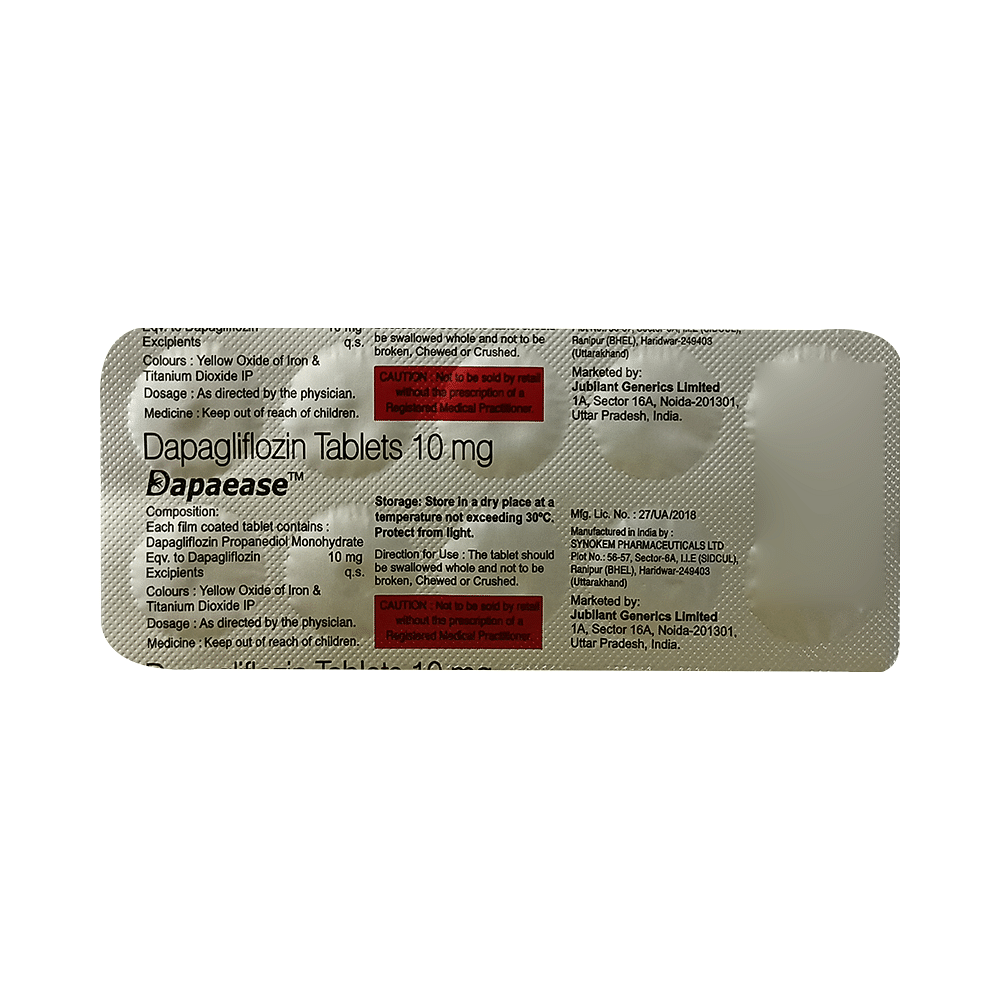
Dapaease Tablet
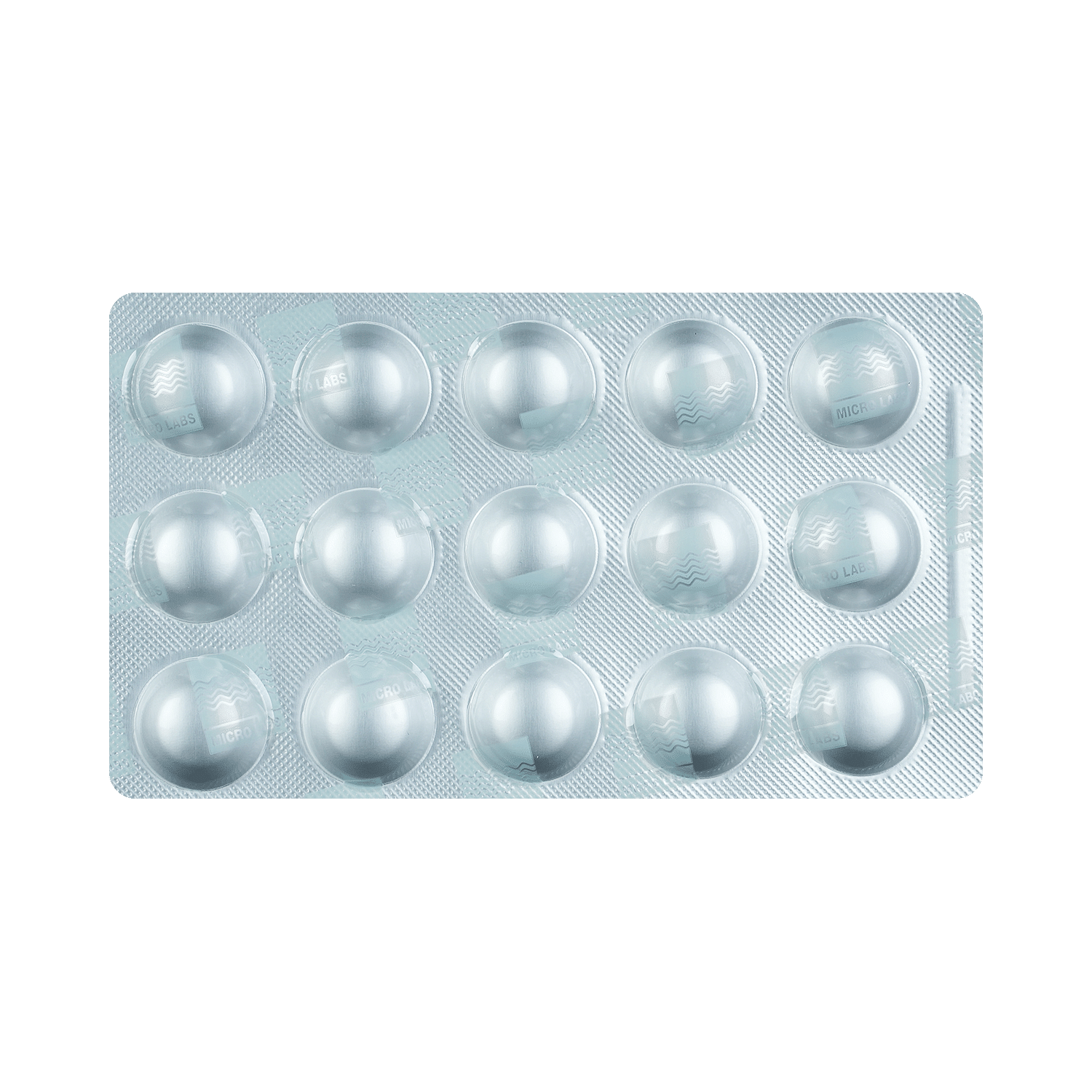
Dajio 10 Tablet
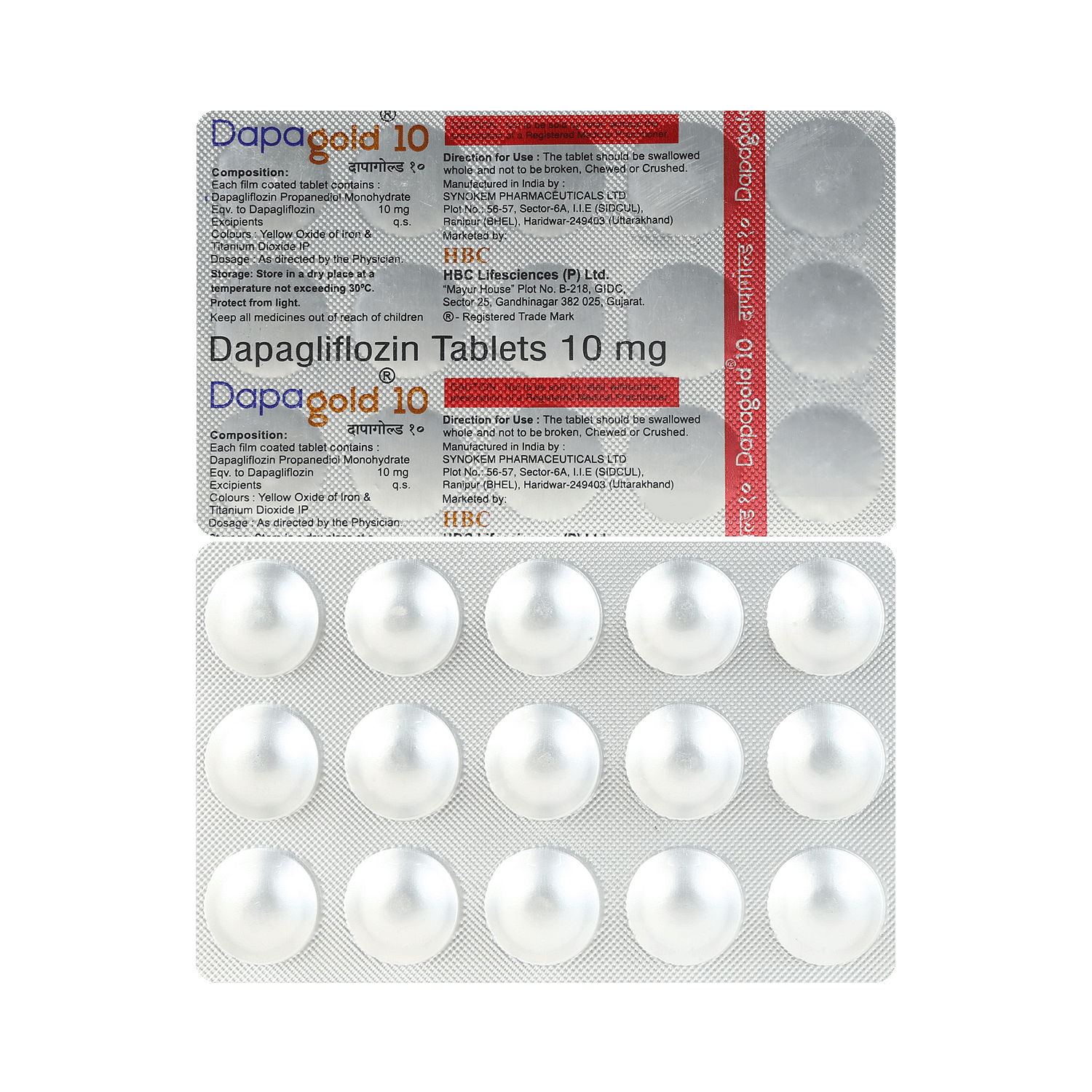
Dapagold 10mg Tablet
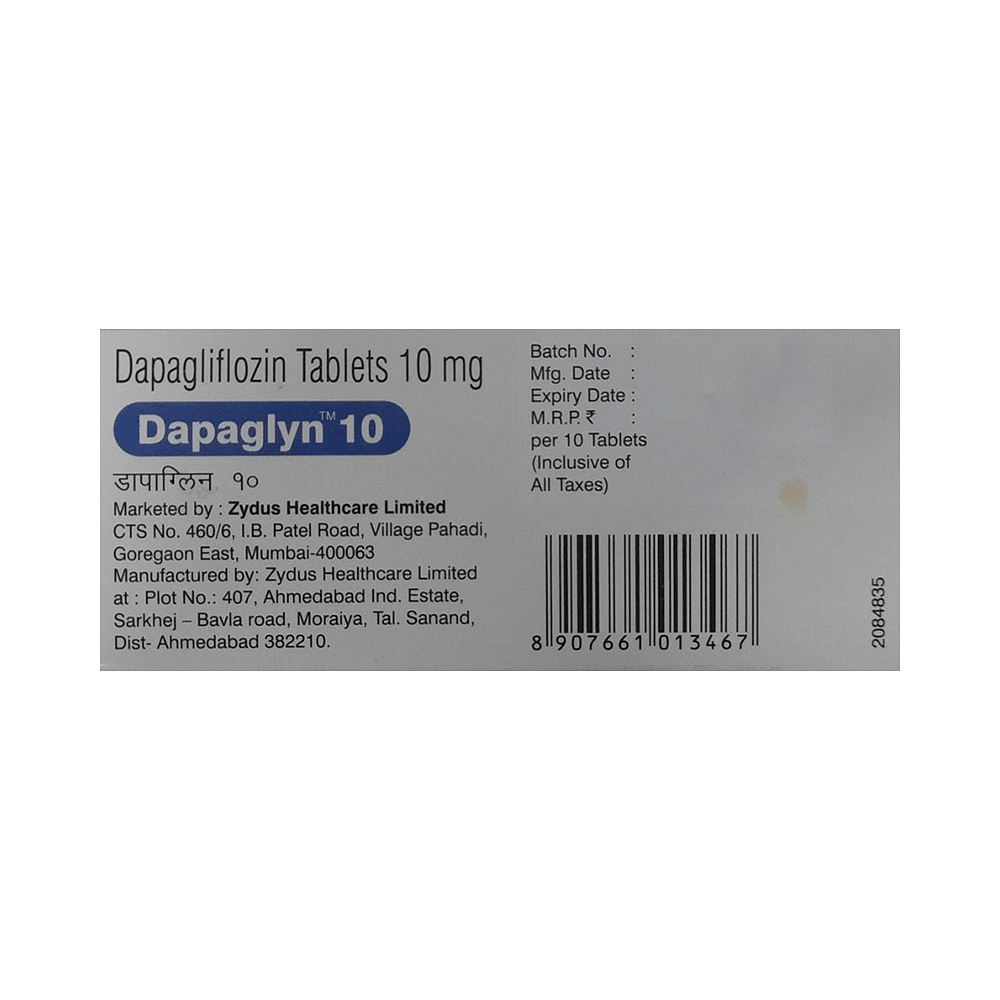
Dapaglyn 10 Tablet
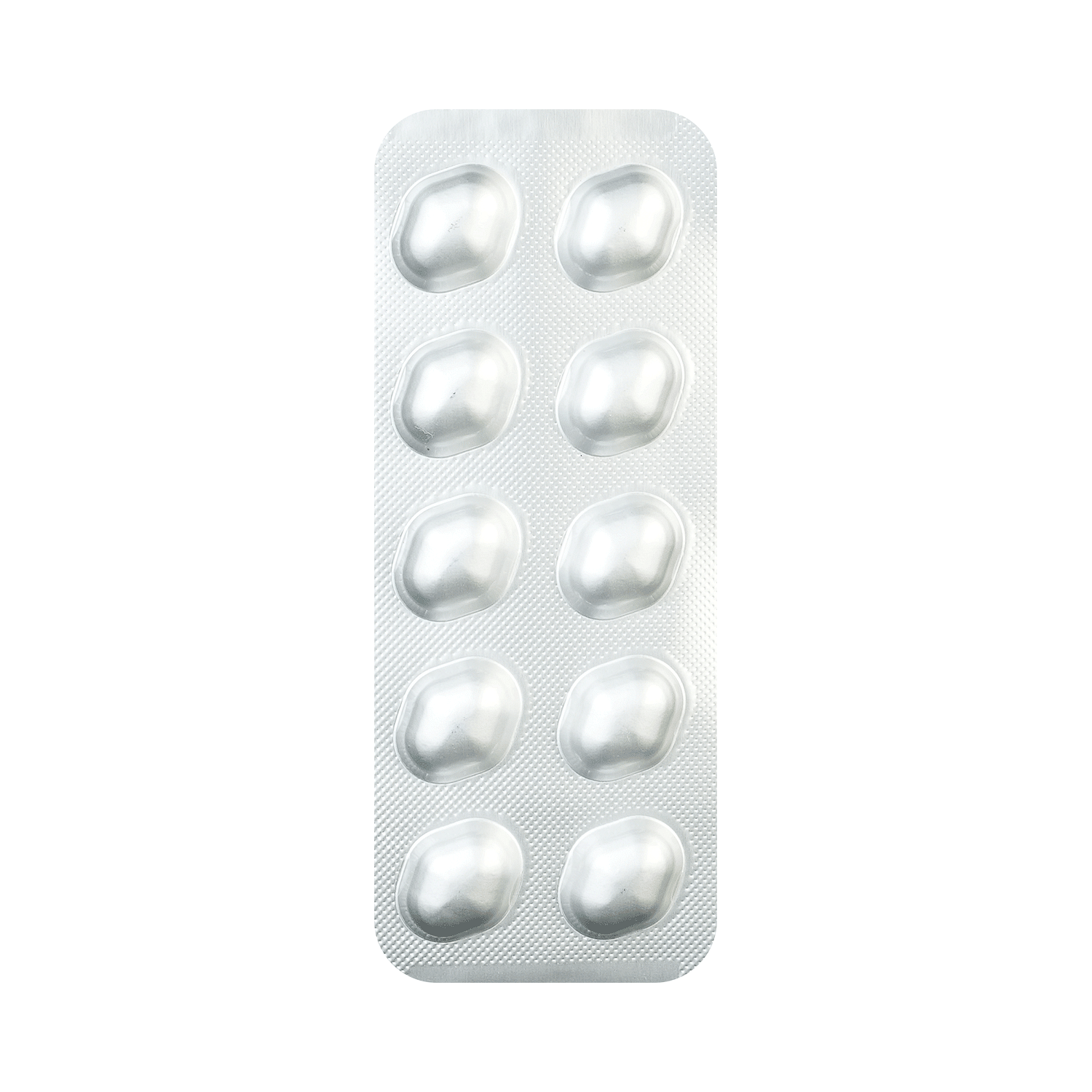
Dapabite 10mg Tablet
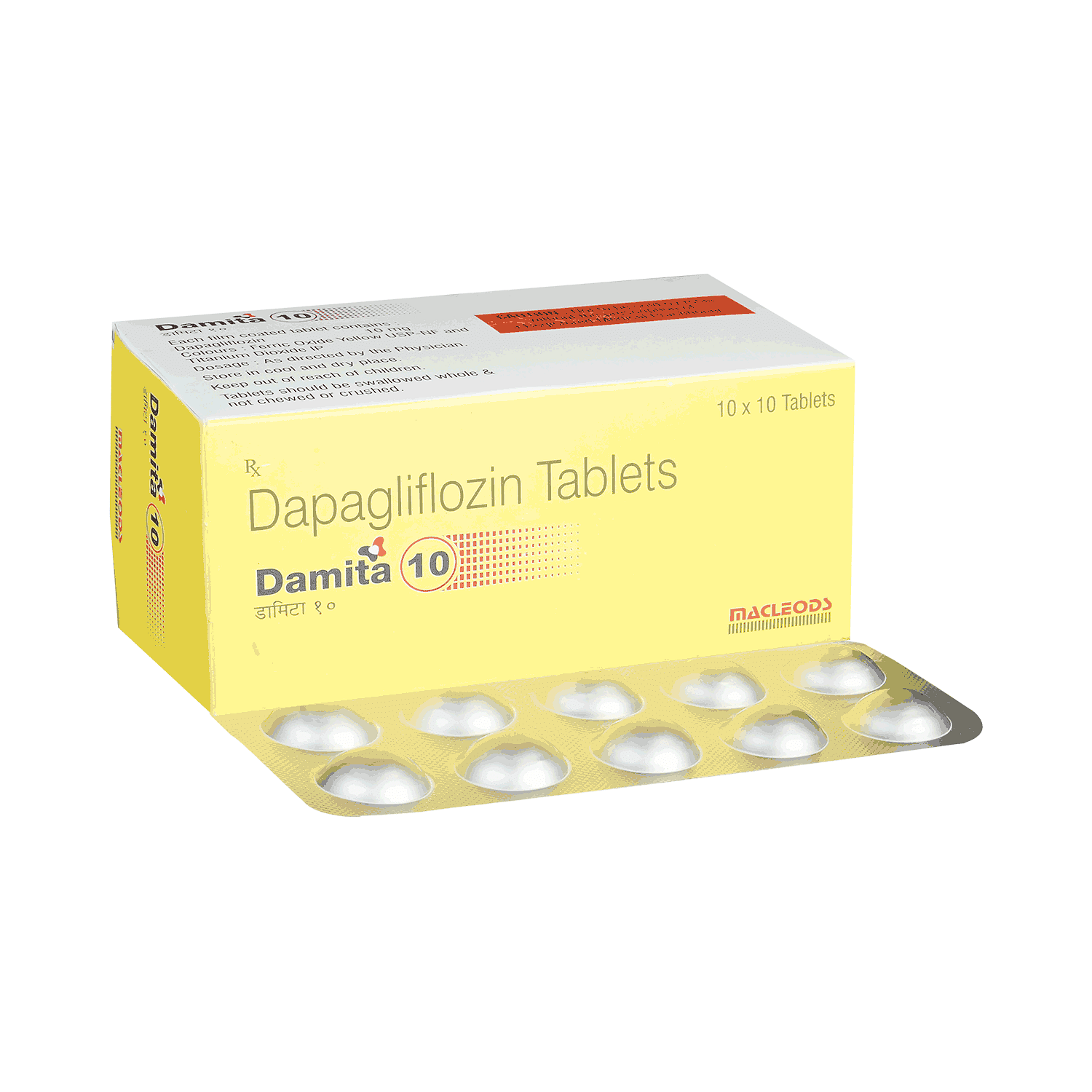
Damita 10mg Tablet
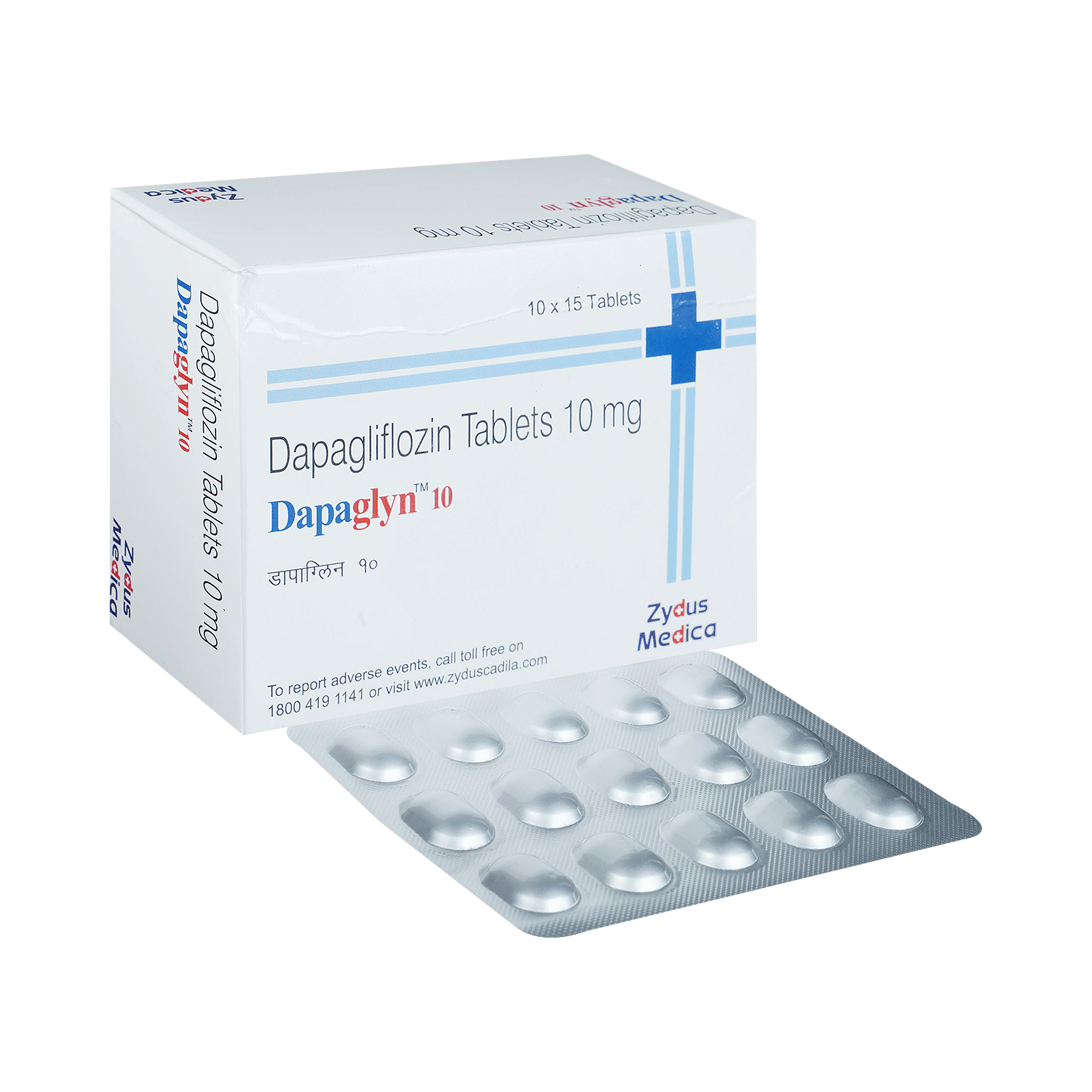
Dapaglyn 10 Tablet
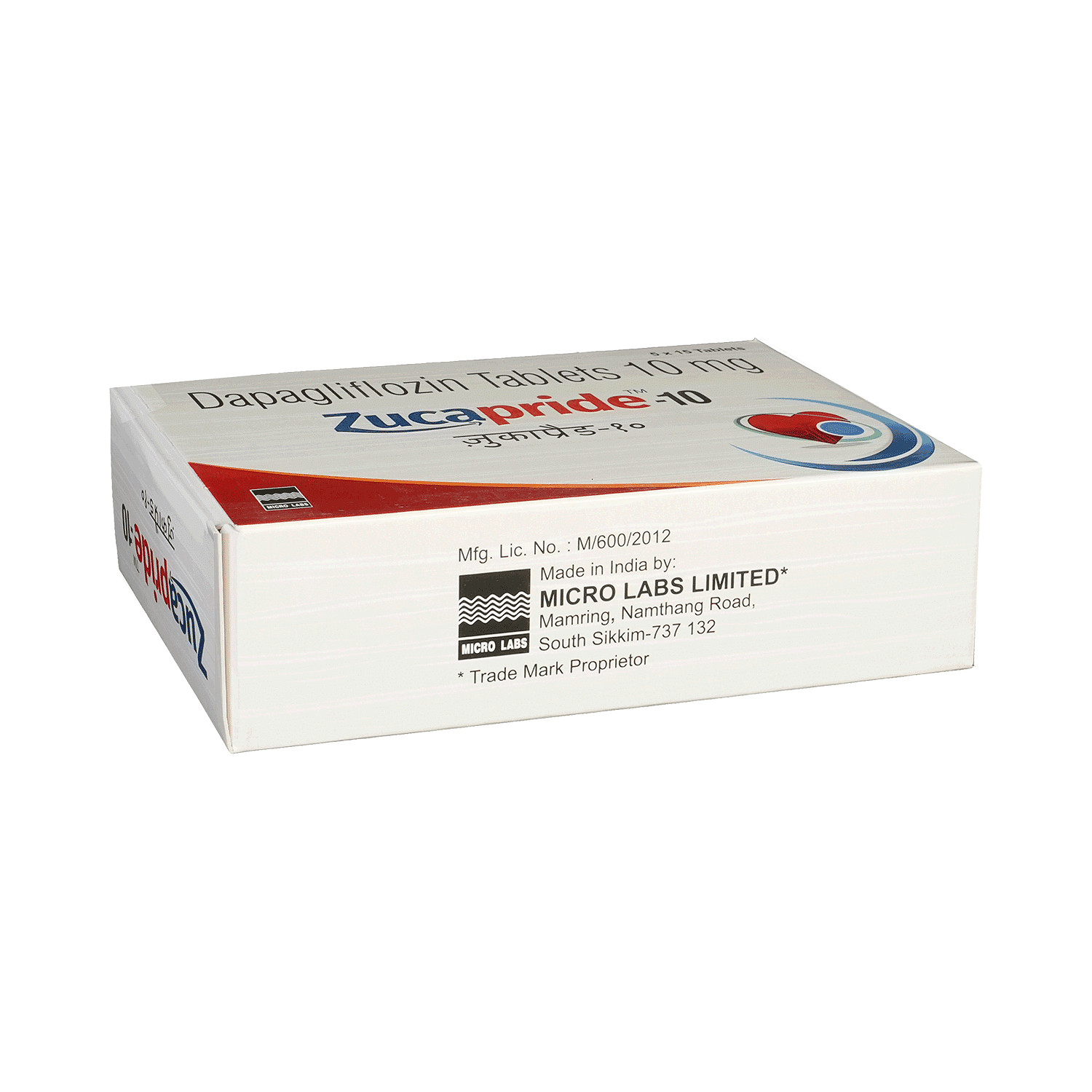
Zucapride 10mg Tablet

Dapefy 10 Tablet

Dapifin Tablet
Frequently asked questions
Does Glypass 10mg Tablet cause weight loss?
Glypass 10mg Tablet may cause weight loss in some patients, although this is an uncommon side effect. If you experience sudden weight gain or have any concerns regarding your weight, it is essential to discuss these issues with your doctor.
What are the side effects of Glypass 10mg Tablet?
The use of Glypass 10mg Tablet may lead to symptoms such as a stuffy or runny nose, sore throat, vaginal yeast infections, and yeast infections of the penis. Additionally, you may experience frequent urination throughout the day or at night, and changes in the quantity of urine.
What is Glypass 10mg Tablet used for?
Glypass 10mg Tablet is used to lower blood glucose levels in patients with type 2 diabetes. In type 2 diabetes, the body is unable to effectively use the produced insulin, leading to an increase in blood sugar levels. Glypass 10mg Tablet works by removing excess sugar from the body through urine, and it can also help prevent heart disease.
Is Glypass 10mg Tablet safe to use?
Yes, Glypass 10mg Tablet is safe when used as directed by your doctor. However, it may cause some side effects. For best results, it is essential to use the medicine in the correct dose and at the same time each day.
Can I stop taking Glypass 10mg Tablet?
No, do not stop taking Glypass 10mg Tablet without first consulting your doctor. Sudden discontinuation of the medicine may worsen your diabetes. Inform your doctor if your symptoms bother you or if there is no considerable improvement in your condition. Your doctor may recommend alternative medications that could be more effective in treating your diabetes.
Who should not take Glypass 10mg Tablet?
Patients who are allergic to Glypass 10mg Tablet should avoid using this medicine. Additionally, it is highly recommended that patients who are on dialysis or have severe kidney problems should not use Glypass 10mg Tablet.
Can I take Glypass 10mg Tablet before surgery?
Inform your doctor that you are taking Glypass 10mg Tablet before undergoing surgery. Your doctor may ask you to stop taking your Glypass 10mg Tablet tablets before your operation, as there is a risk of developing diabetic ketoacidosis (a serious condition that may develop if high blood sugar is not treated).
Why did my doctor prescribe Glypass 10mg Tablet along with metformin?
For some individuals, taking metformin alone can effectively lower blood sugar levels. However, evidence suggests that adding Glypass 10mg Tablet to metformin therapy may provide better control over increased blood sugar levels in some people. Therefore, your doctor may have prescribed the combined use of metformin with Glypass 10mg Tablet to provide the extra help you need.


